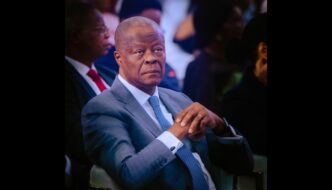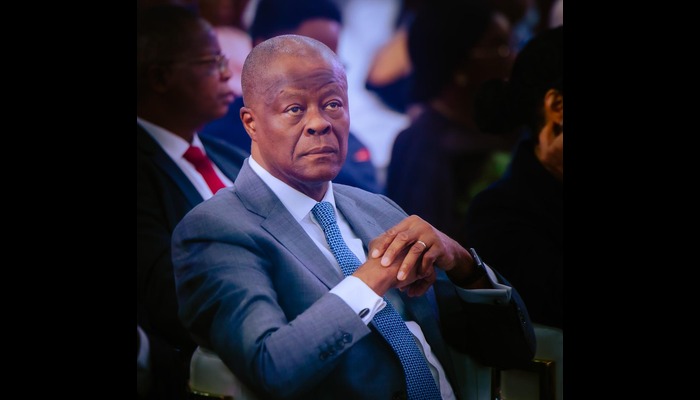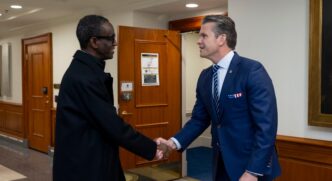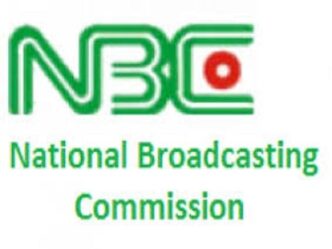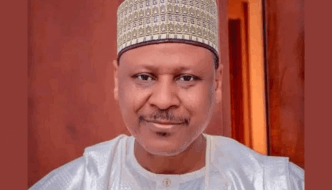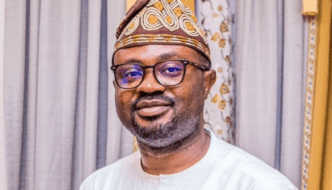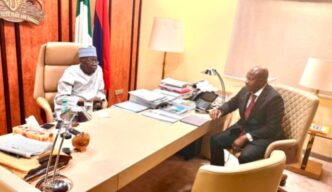Nigeria’s Finance Minister Wale Edun urged South African corporates and fund managers to deepen their commitments to Africa’s most populous economy, saying sweeping reforms under President Bola Tinubu were beginning to stabilise markets, improve investor sentiment and lay the groundwork for stronger growth.
Edun made the pitch on the sidelines of the G20 Investment Breakfast Dialogue in Johannesburg, where he told executives from MTN Group, development partners and officials from both countries that Africa must move faster on economic reforms to withstand a rapidly shifting global landscape.
He said developing regions were grappling with a combination of weakening capital flows, higher interest rates and rising debt burdens.
Africa is expected to pay about $163 billion in debt service in 2024, far more than the less than $100 billion it attracts in foreign direct investment, according to African Development Bank estimates.
Read also: Nigeria at the G20: Tinubu’s test of leadership in a fading giant’s era
That squeeze, he said, leaves governments with fewer resources for development at a time when technology is disrupting labour markets and the effects of climate change are intensifying.
“These shifts mean one thing: we must accelerate bold economic reforms and strengthen domestic resource mobilisation,” Edun said.
Nigeria, he argued, is demonstrating what this looks like in practice. Since May 2023, the government has removed fuel subsidies, liberalised the foreign-exchange market, implemented tax reforms and undertaken structural adjustments across power, energy, logistics and industrial production. The goal, he said, is to build a competitive, private-sector-led economy with a stable macroeconomic environment.
The minister said early indicators show the reforms are gaining traction. GDP grew 4.23 percent in the second quarter of 2025, up from 3.1 percent a year earlier, marking the fastest growth in at least four years.
Inflation has slowed for seven straight months to 16.05 percent in October, while foreign reserves have risen to $46.3 billion. Growth is becoming more broad-based, driven by telecoms, trade, construction, rail expansion, electricity improvements and increased refining capacity.
Read also: Edun urges more reforms as Nigeria pitches progress to G20
“These indicators carry a simple message: Nigeria is more stable, more predictable and more investable than it has been in many years,” he said.
To cushion reform pressures, the government has expanded direct cash transfers to 15 million households, with 9 million already receiving support.
Edun emphasised that Nigeria–South Africa economic cooperation must anchor Africa’s growth. Ralph Mupita, MTN Group CEO, called Nigeria a “true African success story,” while the head of the Nigerian Investment Promotion Commission, Aisha Rimi, said reforms were resetting the foundation for new investment flows.
Edun noted that Nigeria had “laid the foundation for a modern, resilient economy,” targeting medium-term growth of at least 7 percent powered by private investment.


